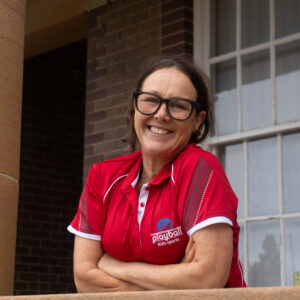
A landmark meta-analysis published in 2025 involving over 292,000 children worldwide confirmed a two-way link between increased screen time and socioemotional problems. Young children who spend more time on screens are more likely to develop emotional and behavioural challenges—including anxiety, depression, and difficulties in relationships—and children facing these issues are, in turn, more likely to use screens as a coping mechanism. The study reinforces that excessive screen time can undermine emotional wellbeing and social development.
Beyond the Screen: Building Resilience Through Real Play
In today’s digital age, prioritising children’s wellbeing is crucial as the challenge of excessive screen time and technology use continues to grow. Instead of passive activities on screens , now more than ever, children need opportunities to develop resilience and confidence through real-life experiences.
Building resilience starts early—when children try again after setbacks, seek comfort from trusted adults, and are involved in hands on problem solving experiences. These foundational skills, developed through active play and meaningful social interaction, cannot be replaced by technology and are essential for a child’s long-term health, happiness, and success.
Moving to Learn: How Physical Skills Build Confidence and Brain Power
Confidence is a key aspect of wellbeing, and developing physical competence is central to building that confidence in children. When kids master fundamental movement skills—such as jumping, running, catching, and balancing—they not only become more physically active but also believe in their abilities and are motivated to tackle new challenges. Physical activity and movement support optimal brain development, enhancing cognitive functions like focus, memory, and problem-solving—providing the foundation for academic success. Additionally, as children interact and play with peers, they naturally strengthen their social and emotional literacy, learning to communicate, cooperate, and manage their feelings.
The First Steps Toward a Strong, Balanced Life
Physical competence is much more than just being fit; it’s about giving children the tools for lifelong learning, resilience, and positive mental health. By encouraging active play and movement, especially in early childhood, parents and educators can help lay the groundwork for confident, well-rounded children—ready to face the challenges of modern life beyond the screen.
Always Learning,
Coach Tammy, Founder & CEO Playball Australia









